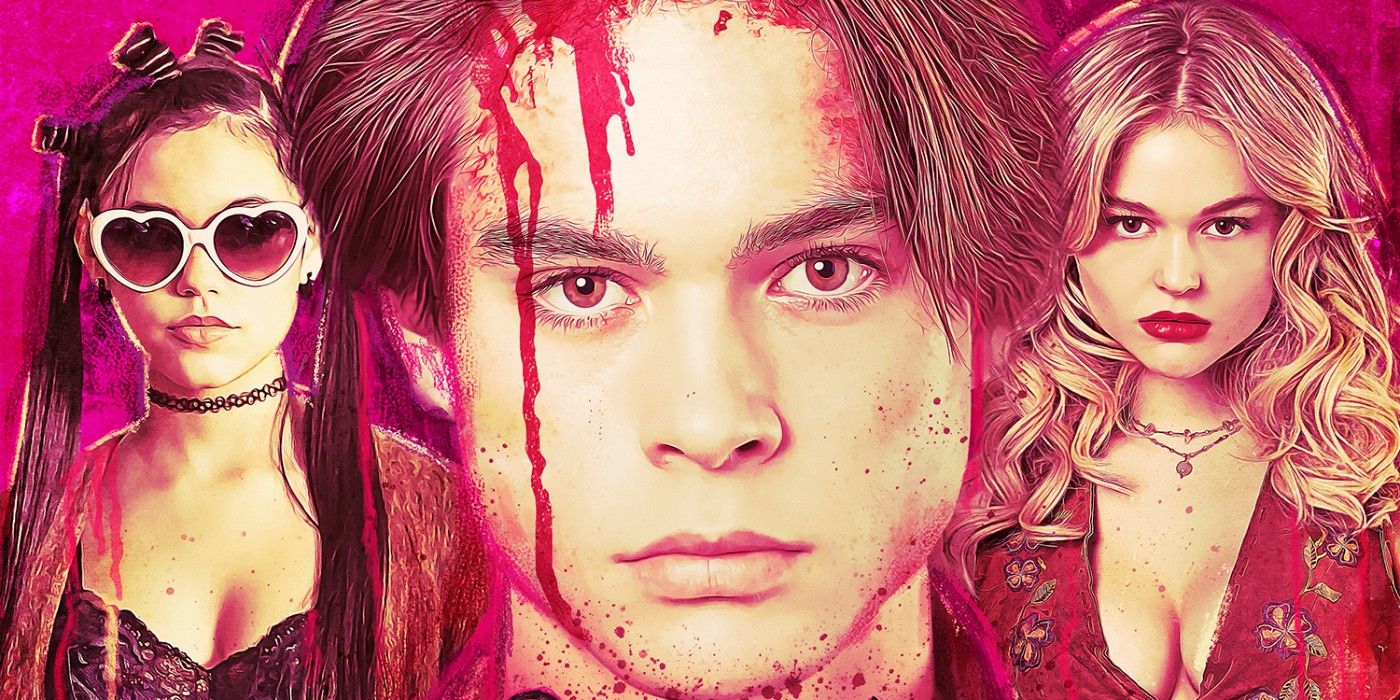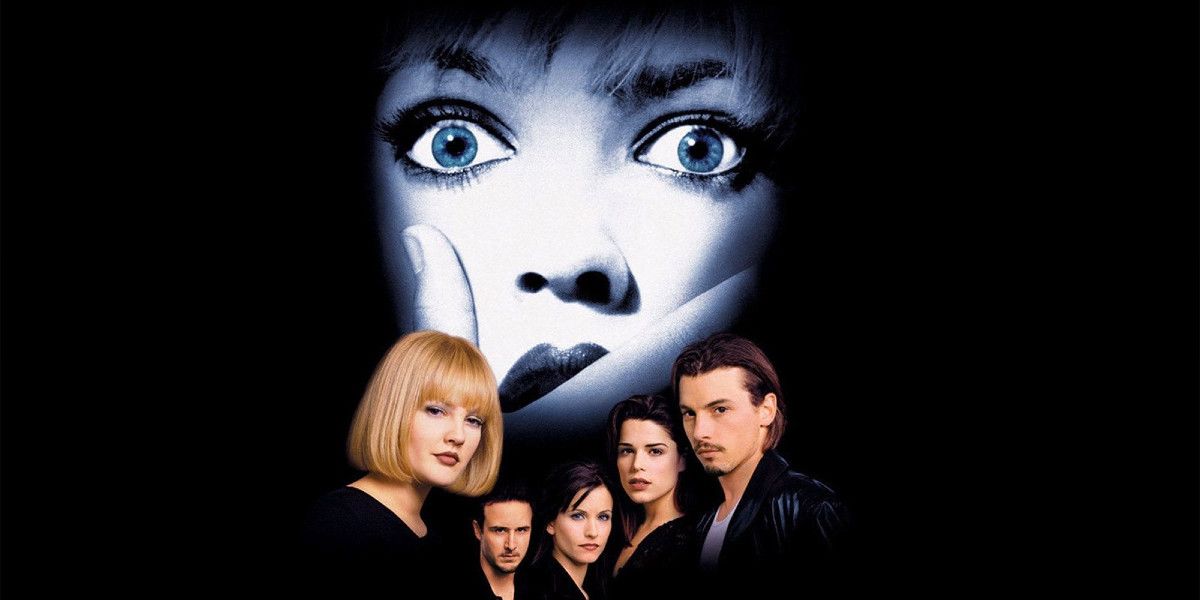WARNING: The following contains spoilers for The Babysitter: Killer Queen, available now on Netflix.
This month has seen the release of The Babysitter: Killer Queen, the sequel to the Netflix's 2017 original movie The Babysitter, with both installments produced and directed by fan-favorite filmmaker McG. A love letter to the slasher movie sub-genre and grindhouse horror movies, both Babysitter movies balance laughs with gory violence, wearing their numerous pop culture influences visibly on their sleeve. While the films are certainly not the first self-aware horror movies in the 21st century, they are the most enjoyable film series to do so this side of Wes Craven's Scream franchise. And with only two films under their belt so far, The Babysitter series has currently succeeded in not overstaying its welcome in comparison to the earlier slasher series.
Both films follow teen misfit Cole Johnson, a boy constantly ostracized in high school. The first film has Cole discover that his babysitter leads a satanic cult, with her and her classmates sacrificing the blood of the innocents to grant themselves incredible abilities. Killer Queen takes place two years later, with Cole bullied even more as his peers dismiss his claims of what transpired as the ravings of a mentally unstable individual. As Cole tries to grow closer to the girl-next-door by joining her at a party in the desert outside Los Angeles, the cultists from the first film rise from the grave for one last chance at revenge over the course of the night.
The Scream movies, with the first film released in 1996, constantly referred to the slasher movies that were prevalent in the decades that preceded them. While there was an undercurrent of black humor in the series, Scream certainly leaned into horror more than comedy, more than earning its scares. Through it all, classic horror movies and their tropes were alluded to by the film's characters. This was expanded to comment on the nature and expectations of sequels in 1997's Scream 2, while 2000's Scream 3 deconstructed it further by largely taking place on the set of a slasher movie sequel.
While the first two Scream movies are fantastic deconstructions of the slasher movie genre while helping revitalize the genre, by the third film the series had begun to become the very thing that the initial installments had poked fun at: treading heavy on formula while its story had become contrived and directionless. 2011's Scream 4 was even more derivative and uninspired, widely lambasted by critics and with the lowest box office earnings of the franchise to date by a significant margin. Other self-aware horror movies have been released since Scream's launch, including 2004's Shaun of the Dead and 2011's The Cabin in the Woods, but have largely been one-offs.
Killer Queen proves not only is there plenty of room left in The Babysitter franchise but that the film series is the heir apparent to Scream -- even as a fifth Scream film is in active development. Whereas Scream had overstayed its welcome and other self-aware horror comedies remained as single-film franchises, Killer Queen has upped the amount of laughs and kills as one of those rare sequels that builds upon and improves the foundation set by the original film. And with McG confirming tentative plans for a third film, hopefully a sequel to Killer Queen can avoid the same pitfalls that Scream fell into as it continued.
Directed, produced and co-written by McG, The Babysitter: Killer Queen stars Judah Lewis, Hana Mae Lee, Robbie Amell, Bella Thorne, Emily Alyn Lind, Andrew Bachelor, Leslie Bibb, Ken Marino, and Jenna Ortega. The film is available to stream now on Netflix.


